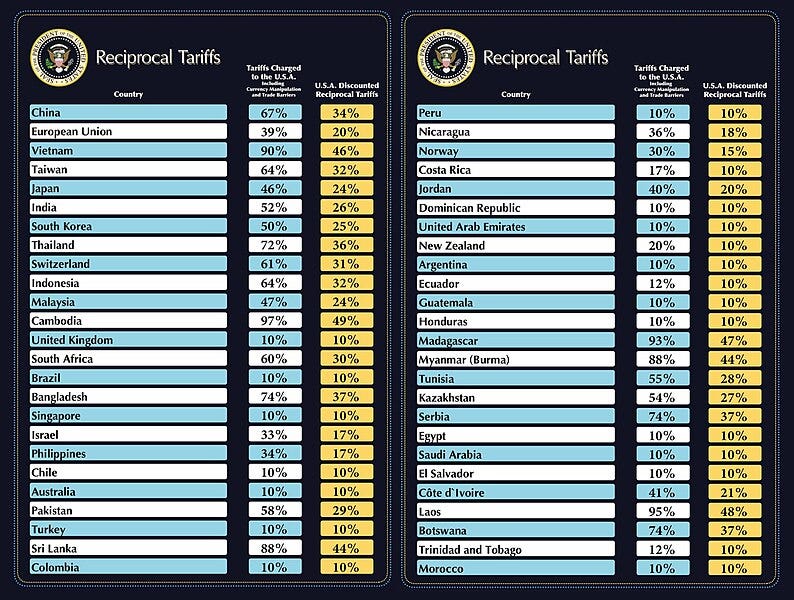The Authoritarian Bargain That Trump Didn't Make
Instead, he fell into the dictator trap -- three months in.

Authoritarian leaders sometimes try to make a bargain with their citizens: stay out of politics, and we will make you wealthy. This bargain is alluring to both rulers and citizens: as long as rulers maintain rising living standards, they can plunder as they wish, and citizens take solace in economic stability amid declining freedoms. This is how the Chinese Communist Party maintained its grip on power after cracking down on pro-democracy protesters in Tiananmen Square in 1989. I understood the power of this bargain while living in Vladimir Putin's Russia as a student in the mid-2000s: after the economic depression of the 1990s, the promise of rising living standards came true for many, and questions over presidential abuses of power and human rights violations were pushed to the side. (Many middle-class Russians I knew only began leaving the country after Putin suppressed protests upon his return to power in 2012.)
In the U.S., it's not hard to imagine Donald Trump embracing this bargain in his second term as president: leave the economy alone with its low unemployment and rising stock market, and crack down on universities and media, which aren't particularly popular with the general public. However, this is not what is happening.
With Trump's April 2 "Liberation Day" announcement of massive tariffs on dozens of countries, U.S. and global stock markets sank in the largest declines since the early days of the COVID pandemic in March 2020. Tariffs are a tax on imports, and they are regressive, since lower-income households spend more of their income on goods. The Budget Lab at Yale University calculated that tariffs could cost the average household $3,800 a year. Mass layoffs, which Trump began in the public sector, now seem likely to spread to the private sector. J.P. Morgan raised its chances of a recession to 60% from 40%.
With the "Liberation Day" announcement, Trump fell into the dictator trap, which both Putin and Xi Jinping of China have fallen into with moves like the full-scale invasion of Ukraine and "zero-COVID" policy. While Putin and Xi fell into this trap after years in power, it took Trump less than three months into his second term. The phenomenon happens when leaders reward loyalty rather than expertise; subordinates carry out bad ideas rather than pushing back against them. The remaining are unflinchingly loyal: as House Speaker Mike Johnson (R-La.) told reporters, "You have to trust the president's instincts on the economy, okay?” In other words, Trump's long-held obsession with tariffs is beyond question, even though the vast majority of economists think that tariffs are self-defeating -- and that the way he is carrying them out is catastrophic.


